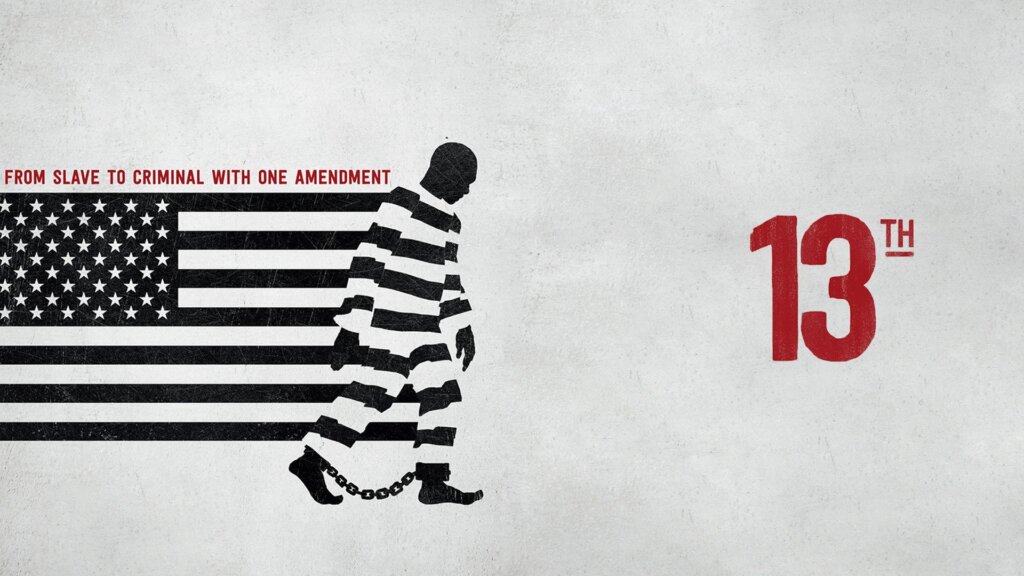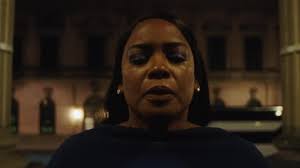Origin (2023) (Neon) (Narrative Feature)
B-
Ava DuVernay
13th (2016) (Netflix) (Documentary Feature)
A-
Ava DuVernay

In 2016, director Ava DuVernay made a documentary feature entitled “13th” after the 13th Amendment to the US Consitution, which made Slavery illegal. “13th” highlights how, after the Civil War and the abolition of Slavery, the Southern states implemented laws and practices to effectively re-enslave African Americans. By criminalizing minor offenses such as loitering or vagrancy, Black men were disproportionately arrested and imprisoned, providing a source of cheap and exploitable labor for the Southern economy. This system of convict leasing perpetuated the exploitation and oppression of African Americans, with echoes of the slavery era.
“13th” also explores the rise of the prison-industrial complex in the United States. The film argues that the criminal justice system has disproportionately targeted and incarcerated Black individuals, perpetuating racial inequality and social injustice. It sheds light on how policies such as the war on drugs and mandatory minimum sentencing have contributed to the over-representation of Black people in prisons. The statistics presented in the documentary are staggering, with the United States accounting for 25% of the world’s prisoners despite having only 5% of the world’s population.

Ava DuVernay’s latest project, “Origin,” is a narrative feature that delves into the ideas presented in Isabel Wilkerson’s book, “Caste: The Origins of Our Discontents.” Wilkerson, the first African-American woman to win a Pulitzer Prize for journalism, profoundly explores the social hierarchies and divisions that shape societies. Aunjanue Ellis portrays Wilkerson, who becomes disillusioned with the intellectual left’s response to the Trayvon Martin shooting in 2012. She questions whether the blanket condemnation of “racism” goes deep enough to address the underlying issues. The film also explores Wilkerson’s personal life as she navigates her interracial marriage to Brett, played by Jon Bernthal, and grapples with differing perspectives within her family, such as her mother’s nuanced take on the Trayvon Martin case. While “Origin” is a brave attempt to bring Wilkerson’s ideas to the screen, the subject matter may have been better suited for a nonfiction format – I felt that the constraints of the narrative component may not have fully captured the depth and complexity of Wilkerson’s analysis of caste and its impact on society. To quote Wilkerson: There is “racism” in India, but they are all brown.
The performances of Bernthal, Niecy Nash-Betts as her cousin, and Emily Yancy as her mom are excellent, with Ellis delivering a poised and charismatic portrayal of Wilkerson herself. These two films make for a fascinating compare-and-contrast exercise within the Ava DuVernay oeuvre. Both tackle essential and challenging subjects related to race, incarceration, and social hierarchies. While “13th” is a documentary, “Origin” is a narrative. The former, I think, works better. However, both projects contribute to a broader conversation about racial injustice and inequality, encouraging viewers to critically examine the structures and systems perpetuating these issues.


















